Explore the Best AI Image Gallery
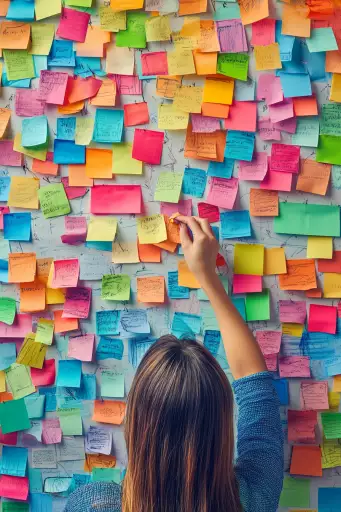
The world of marketing is undergoing a seismic shift fueled by the rise of artificial intelligence (AI). One of the most captivating developments in this realm is AI image generation, a technology that empowers marketers to create stunning visuals with unprecedented ease and efficiency. This blog post delves into the transformative impact of AI image generation on marketing, exploring its creative potential, practical applications, ethical considerations, and future trajectory.
Unleashing Creative Potential
AI image generators are revolutionizing the way marketers approach visual content creation. These sophisticated algorithms can generate a wide range of images, from realistic photographs to abstract art pieces, based on simple text prompts or descriptions. This opens up a world of possibilities for marketers seeking to create unique and captivating visuals that resonate with their target audiences.
The applications of AI image generation in marketing are vast and diverse:
- Social Media Content: Generate eye-catching images and graphics for social media platforms, enhancing engagement and brand visibility.
- Advertising Campaigns: Create compelling visuals for advertising campaigns across various channels, tailoring imagery to specific demographics and interests.
- Product Visualization: Showcase products in realistic and engaging ways, allowing customers to visualize how products would look in their own environments.
- Website Design: Enhance website aesthetics with custom-generated images, creating a more immersive and visually appealing user experience.
- Email Marketing: Personalize email campaigns with dynamic images that cater to individual recipient preferences and interests.
Navigating Ethical Considerations
While AI image generation offers tremendous opportunities, it also raises important ethical considerations:
- Copyright and Ownership: Determining the ownership rights of AI-generated images is a complex legal issue that requires careful consideration.
- Bias and Representation: AI algorithms can perpetuate existing societal biases, resulting in the creation of imagery that lacks diversity and inclusivity. Its crucial to ensure that AI image generators are trained on diverse datasets to mitigate bias.
- Misinformation and Deepfakes: The potential for AI to generate realistic but fabricated images raises concerns about the spread of misinformation and the erosion of trust.
Future Trends
The future of AI image generation in marketing is brimming with exciting possibilities:
- Hyper-Personalization: AI will enable marketers to create highly personalized visuals that cater to individual preferences and needs, delivering truly tailored experiences.
- Real-Time Content Generation: Imagine generating images on the fly based on live events or customer interactions, creating dynamic and engaging content in real time.
- Enhanced Creativity: AI will not replace human creativity but rather augment it, empowering marketers to explore new artistic frontiers and push the boundaries of visual storytelling.
Conclusion
AI image generation is poised to revolutionize the marketing landscape, unlocking a world of creative possibilities and driving unprecedented levels of engagement. By embracing this technology responsibly and addressing ethical considerations, marketers can harness the power of AI to create compelling visuals that captivate audiences and drive business success.
The future of marketing is visual, and AI will be at the forefront of this transformation.

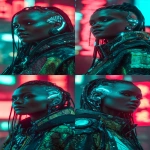
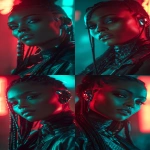
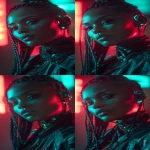


](https://images.ai-img.art/thumbnails/150/ffdc3aeb085cdd89cb67916c26208f25e7c7b0250ad6e5877b48414760697a90.webp)
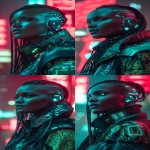
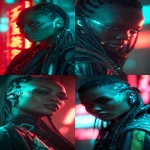

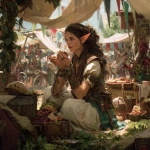
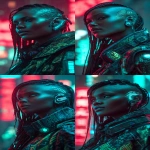
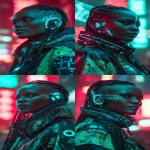

](https://images.ai-img.art/thumbnails/150/0791636c23fa42b3fd87dbe2541b7d3047cdb4d5fc0dab19f4efcfe1439963da.webp)
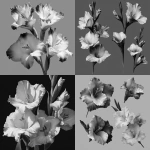

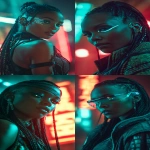
](https://images.ai-img.art/thumbnails/150/916a8f2aa9c13d051af4ab588a4921732f41e144150bdfc78853a28500cd717d.webp)
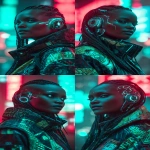

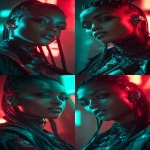
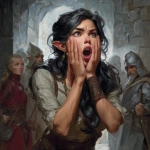

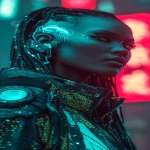
](https://images.ai-img.art/thumbnails/150/08baaaca8d12502f281846feba6b0cf89edf106843ff56346812f5eec39eeed1.webp)


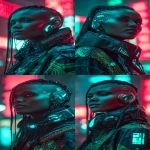

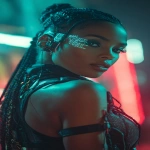

](https://images.ai-img.art/thumbnails/150/477a6a01318cd965f7f5f6ecc623f70e7e61f0004811369ce0977db761aecd57.webp)

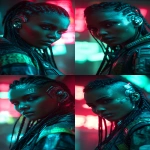
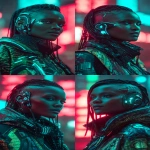
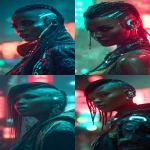


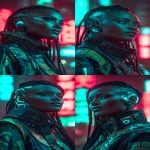
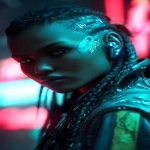
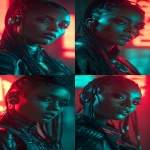

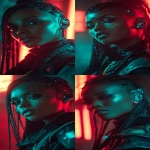





](https://images.ai-img.art/thumbnails/150/6b15b97ffd39aeb1b066fd2c8b33c1a2dd03a3966282ec6508e2c2c205c0360f.webp)